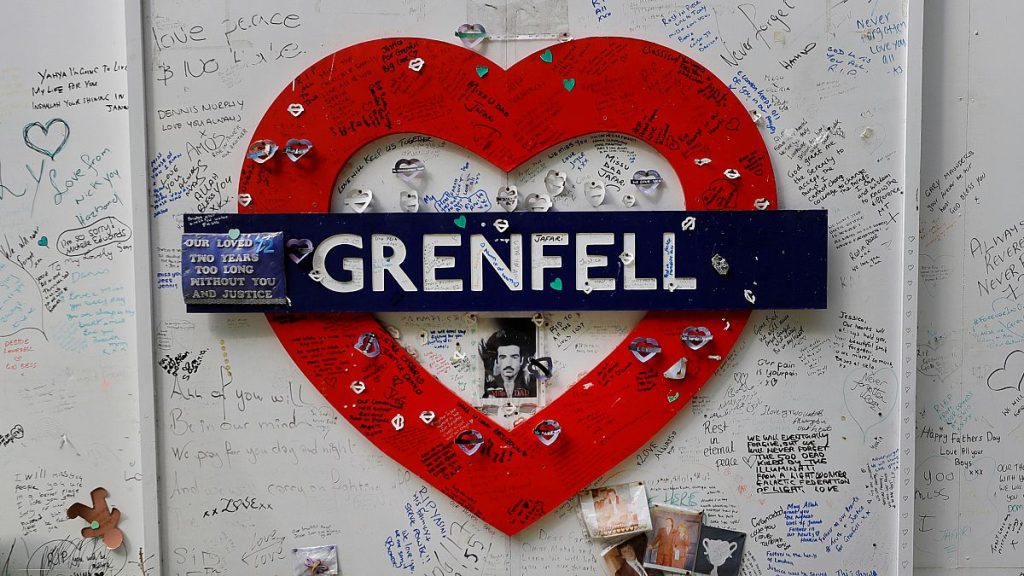The deadly London high-rise fire that occurred in 2017 at Grenfell Tower resulted in the loss of 72 lives, making it the deadliest fire on British soil since World War II. The public inquiry into the tragedy revealed that a series of failures by government, regulators, and industry had turned the tower into a “death trap.” The report highlighted the dishonesty of companies, incompetent regulators, and a complacent government as contributing factors to the disaster. This lack of oversight and accountability led to a situation where the victims’ deaths were completely avoidable. Prime Minister Keir Starmer issued an apology on behalf of the British state, acknowledging that the tragedy never should have occurred.
The fire, which started in a fourth-floor apartment and quickly spread up the 25-story building, was fueled by flammable cladding panels on the tower’s exterior walls. This raised questions about the safety regulations and failings by officials and businesses that resulted in the high number of casualties. The report criticized the companies responsible for the cladding, accusing them of engaging in systematic dishonesty by manipulating safety tests and misrepresenting the results. The use of combustible cladding was attributed to its cost-effectiveness and the incompetence of those involved in the refurbishment, who believed safety was someone else’s responsibility. The failures were further compounded by weak enforcement of building standards, an uninterested local authority, and a government committed to deregulation.
The public inquiry, which involved over 300 public hearings and 1,600 witness statements, revealed significant shortcomings in the response to the fire. The initial report in 2019 criticized the fire department for advising residents to stay in their apartments and await rescue, a decision that proved fatal for many on the upper floors. The London Fire Brigade was also criticized for a lack of effective management, inadequate training to deal with high-rise fires, and faulty communications equipment. The tragedy prompted a national conversation about inequality in Britain, as many of the victims were working-class individuals with immigrant roots living in public housing in a wealthy neighborhood.
The inquiry did not find evidence that racial or social prejudice played a role in the decisions that led to the dangerous conditions at Grenfell Tower. The diverse group of victims, representing 23 countries and various backgrounds, included individuals from all walks of life, such as taxi drivers, architects, retirees, and children. While the report may provide some answers to survivors, the wait for justice continues as police investigate dozens of individuals and companies for potential charges of corporate and individual manslaughter. However, any prosecutions are not expected to occur until late 2026. Despite the passage of seven years since the tragedy, the memory of Grenfell Tower and the lives lost in the fire remain in the hearts of many, serving as a lasting reminder of the consequences of unchecked negligence and incompetence.













